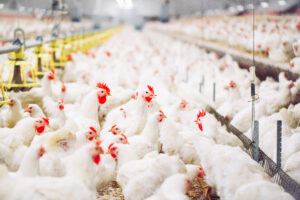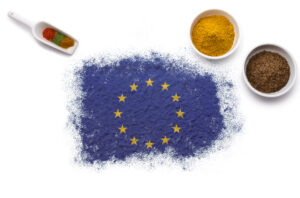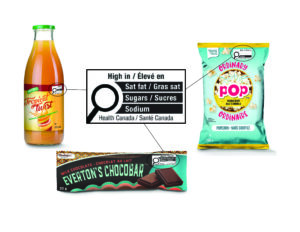
Why BE Labeling Carries Risks for Manufacturers
Intended to help consumers easily identify any bioengineered (BE) ingredients in foods, the USDA BE foods labeling standard, which became mandatory this year, is carrying

Intended to help consumers easily identify any bioengineered (BE) ingredients in foods, the USDA BE foods labeling standard, which became mandatory this year, is carrying

A recent study commissioned by the Food Standards Agency (FSA) of the UK found that not only do many aspects of Canada’s food safety system

Over the last year, thousands of products have been recalled in Europe due to the presence of ethylene oxide (EtO) or its breakdown products, particularly

Reports of mishandling and illness from breaded stuffed raw chicken products go back nearly as far as the availability of the product itself. Since 1998,

Historically, the rules around the Generally Recognized as Safe (GRAS) provisions have sparked various initiatives for change. Now there is a new push with a

Having proposed revisions to the pre-harvest agricultural water requirements of FSMA’s Produce Safety Rule (PSR) in December, FDA has now issued a supplemental notice of

Summer grilling is a way of life in America, with charcoal and propane often selling out in the days before holiday weekends. But, as a

The European Union has amended its import entry regulations for certain foods from certain countries related primarily to potential health risk the presence of ethylene

Earlier this month, we posted an article discussing the federal crackdown on levels of PFAS in food and water, and the consequences of “chasing zero.”

The updated Canadian food labelling requirements are continuing to move forward with Health Canada unveiling the new front-of-package nutrition symbol on June 30 and compliance